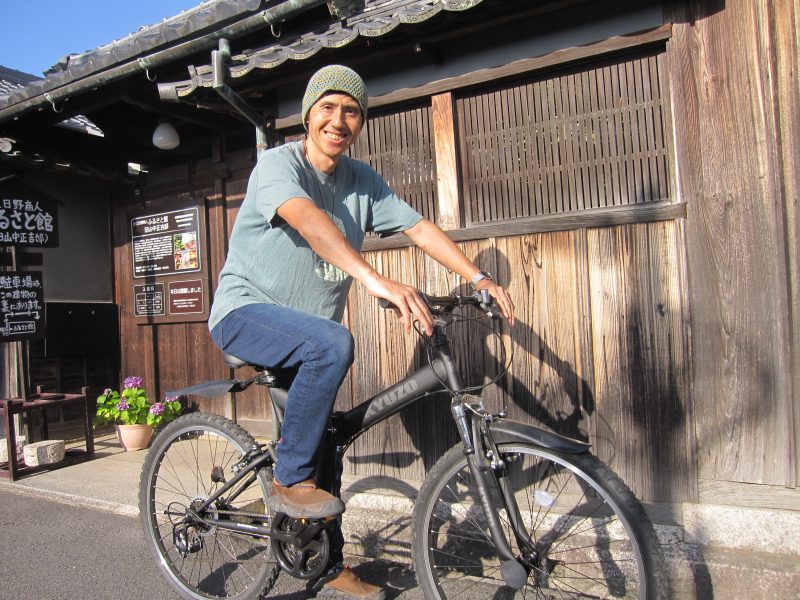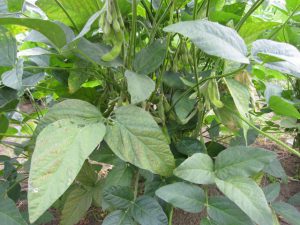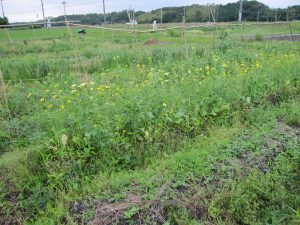Organic Farming VS. Natural Farming
Whether you eat superfoods or are on a low carb diet, ingredients you use count. Even though you eat a lot of broccoli, apples, or nuts, if they are grown with chemical fertilizers and agricultural chemicals, you won’t gain as many benefits as you do from these which are organically grown or naturally grown. When I say naturally grown ingredients, I am talking about food grown using what is called Natural Farming. Natural Farming is a method of farming that was developed by Masanobu Fukuoka, the author of The One-Straw Revolution, or Yoshikazu Kawaguchi.
How is it differ from organic farming? That is what I am going to talk about, so stick around.

Hi, my name is Sachiaki Takamiya. I am in my late 50s but haven’t had any problems at my yearly checkups so far. I am the founder of the Ikigai Diet. The Ikigai Diet is a diet and an integrated lifestyle that will help you stay young and healthy so that you can enjoy your 100-year-life. It is based on the traditional Japanese diet and the modern understanding of health and wellness.
What is the difference between organic farming and natural farming?
Organic farming usually doesn’t use agricultural chemicals and chemical fertilizers, but instead, it uses organic fertilizers such as compost from cow dung, pig feces, and poultry manure, or plant-based compost such as fallen leaves or vegetable leftovers. You usually cultivate the soil and cut weeds on the farm in organic farming. Also you kill the bugs if they come to the plants and you water the plants when it is required.
Natural farming, however, doesn’t use fertilizers including organic ones. It is also called nonfertilizer farming. It doesn’t till the land, and it does the weeding only the limited amount. The reason why you don’t till the ground is that the tilling will destroy the microorganisms inside the soil which can help vegetables grow. So, by not tilling, you let the microorganism take care of vegetables, and you won’t need to add fertilizers. You don’t cut every weed, because by having some weeds left, insects don’t concentrate on the vegetables. In the same idea, you don’t kill every bug, because some bugs are natural predators of other insects and they can protect the vegetables from them. You don’t water the plants, you let the rain take care of it.
Organic farming sometimes uses too much fertilizer, and it creates oversized vegetables. By intervening in the natural process too much, you weaken the plants, making them susceptible to disease. In Natural Farming, however, the vegetables are more balanced, absorbing only what was available in nature at the time.
Having said that, Natural Farming is more difficult to put into practice so that it can be unreliable. Some vegetables can be grown with this method, but certain vegetables which require a lot of fertilizers may not grow well with it. Therefore, it is harder for commercial farmers to apply it; it is more suitable for people leading self-sufficient lifestyles. Therefore, you don’t see many naturally grown products on the market. If you want to obtain them, you may have to grow your own.
Many people including myself use both methods depending on the plants. For example, I use organic compost for onions and eggplants while I try to grow other plants without using fertilizers as much as possible.
I talked about organic farming and natural farming in my video, too.

